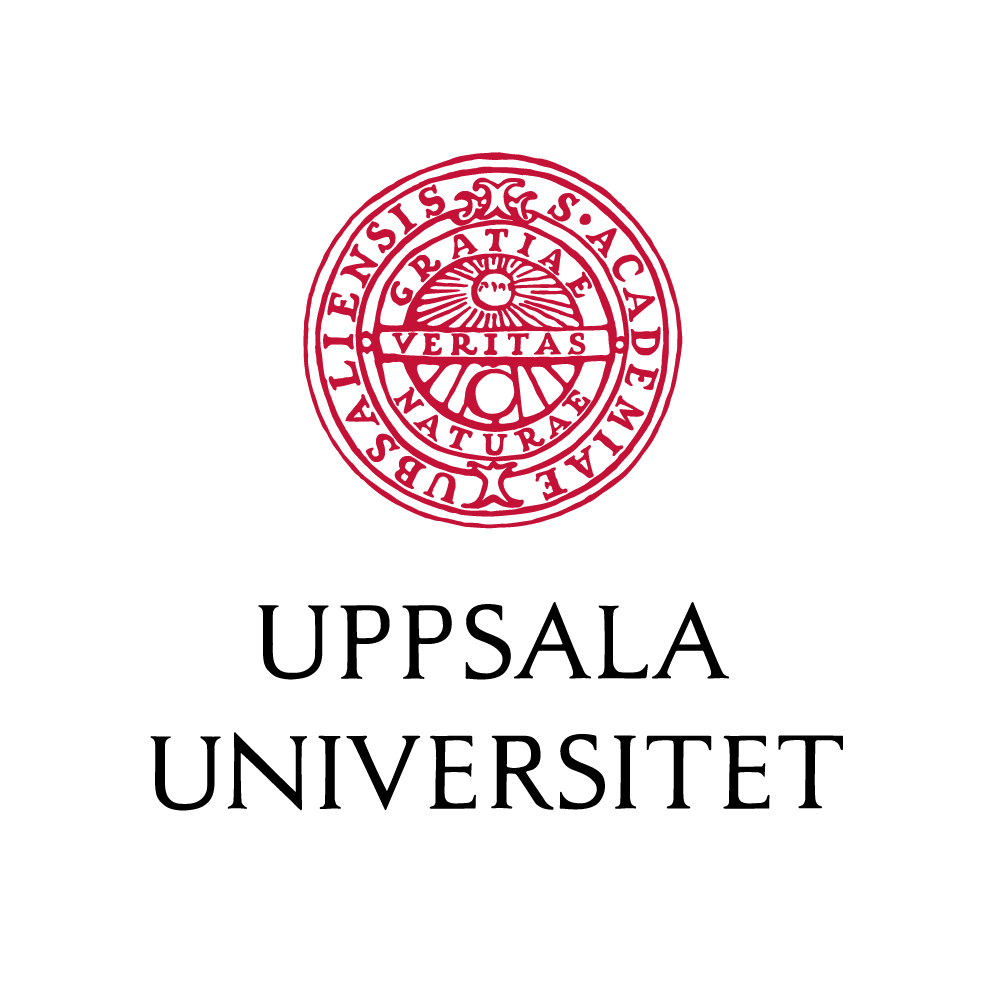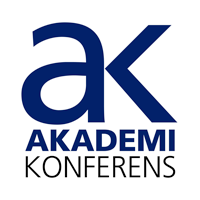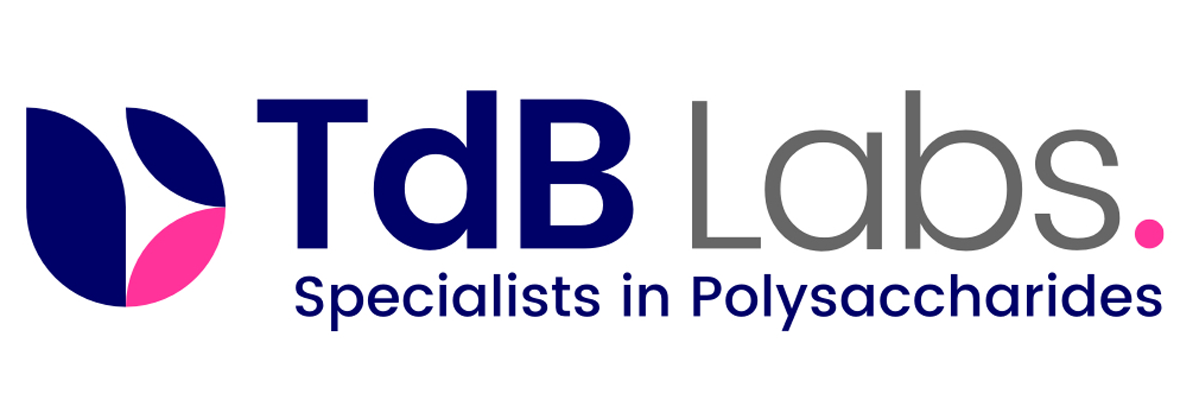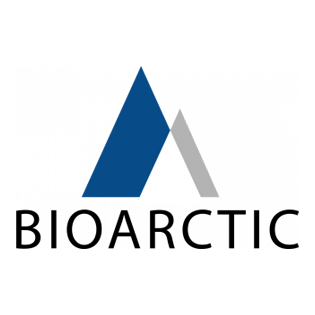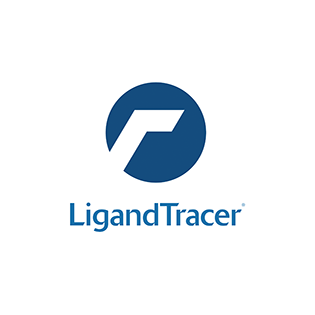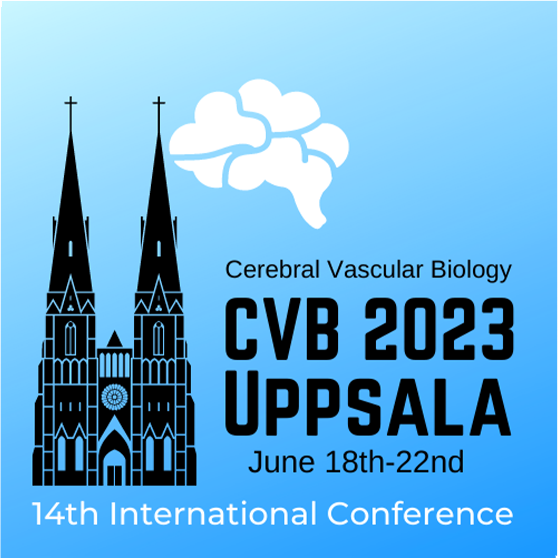
International Scientific Committee
Berislav Zlokovic, USA
Birger Brodin, Denmark
Britta Engelhardt, Switzerland
Chenghua Gu, USA
Danica Stanimirovic, Canada
Dritan Agalliu, USA
Elga de Vries, The Netherlands
Elizabeth de Lange, The Netherlands
Gou Young Koh, Republic of Korea
Jennifer Gamble, Australia
Joan Abbott, UK
Kari Alitalo, Finland
Lydia Sorokin, Germany
Matthew Campbell, Ireland
Per-Ola Freskgard, Sweden
Richard Daneman, USA
Robert Thorne, USA
Stefan Liebner, Germany
Tatjana Rundek, USA
Tetsuya Terasaki, Japan
William Elmquist, USA

Anna Dimberg
Associate Professor, Department of Immunology, Genetics and Pathology, Uppsala University, Sweden
+ Show Anna Dimberg's Biography
- Show less

Berislav Zlokovic V.
Professor and Chair Director Physiology and Neuroscience Zilkha Neurogenetic Institute University of Southern California, Los Angeles, USA
+ Show Berislav Zlokovic's Biography
- Show less

Birger Brodin
Professor, head of the research group “CNS Drug Delivery and Barrier Modelling “, Department of Pharmacy, University of Copenhagen, Denmark
+ Show Birger Brodin's Biography
- Show less

Britta Engelhardt
Director Theodor Kocher Institute, University of Bern, Switzerland
+ Show Britta Engelhardt's Biography
- Show less

Chenghua Gu
Professor, Department of Neurobiology, Harvard University, USA
+ Show Chenghua Gu's Biography
- Show less

Danica Stanimirovic
Director R&D, Department of Translational Bioscience, Human Health Therapeutics Research Centre, National Research Council of Canada, Canada
+ Show Danica Stanimirovic's Biography
- Show less

Dritan Agalliu
Associate Professor, Department of Neurology / Pathology and Cell Biology, Columbia University Irving Medical Center, USA
+ Show Dritan Agalliu's Biography
- Show less

Elga de Vries
Professor in Neuro-immunology, PI, Department of Molecular Cell Biology and Immunology, Amsterdam, UMC, The Netherlands
+ Show Elga de Vries's Biography
- Show less

Elizabeth CM de Lange
Professor in Predictive Pharmacology, Systems Biomedicine and Pharmacology, Leiden University, The Netherlands
+ Show Elizabeth CM de Lange's Biography
- Show less

Gou Young Koh
Director and Distinguished Professor, Center for Vascular Biology, Institute for Basic Science and KAIST, Republic of Korea
+ Show Gou Young Koh's Biography
- Show less

Jennifer Gamble
Professor, Wenkart Chair of the Endothelium, Centenary Institute and the University of Sydney, Australia
+ Show Jennifer Gamble's Biography
- Show less

Joan Abbott
Professor of Neuroscience, Institute of Pharmaceutical Science, King’s College London, London, United Kingdom
+ Show Biography
- Show less

Joseph Nicolazzo
Associate Professor, Department of Drug Delivery, Disposition and Dynamics, Monash University, Australia
+ Show Joseph Nicolazzo's Biography
- Show less

Kari Alitalo
Academy Professor, Department of Research Programs Unit, Translational Cancer Medicine Program, Wihuri Research Institute and University of Helsinki, Finland
+ Show Kari Alitalo's Biography
- Show less

Lydia Sorokin
Director, W3 Professor,Institute of Physiological Chemistry and Pathobiochemistry, University of Muenster, Germany
+ Show Lydia Sorokin's Biography
- Show less

Matthew Campbell
Professor, Department of Genetics, Trinity College, Dublin, Ireland
+ Show Matthew Campbell's Biography
- Show less

Per-Ola Freskgård
Distinguished Scientist, Senior Advisor, BioArctic AB, Sweden
+ Show Per-Ola Freskgård's Biography
- Show less

Richard Daneman
Assistant Professor, Department of Pharmacology and Neurosciences, University of California, San Diego, USA
+ Show Richard Daneman's Biography
- Show less

Robert Thorne
Denali Fellow / Adjunct Associate Professor, Biology Discovery / Dept. of Pharmaceutics, Denali Therapeutics / University of Minnesota, USA.
+ Show Robert Thorne's Biography
- Show less

Stefan Liebner
Adj. Professor; PI (Group leader), Institute of Neurology (Edinger Institute), University Hospital, Goethe University, Frankfurt am Main, Germany
+ Show Stefan Liebner's Biography
- Show less

Tatjana Rundek
Professor of Neurology, Executive Vice Chair of Research and Faculty Affairs and Director of Clinical Translational Research, Department of Neurology, Miller School of Medicine, University of Miami, FL, USA
+ Show Tatjana Rundek's Biography
- Show less

Tetsuya Terasaki
Professor Emeritus, Tohoku University, Japan, Research Director, Bioanalytics, School of Pharmacy, University of Eastern Finland, Finland
+ Show Tetsuya Terasaki's Biography
- Show less

William F. Elmquist
Distinguished Professor, Department of Pharmaceutics, University of Minnesota, USA
+ Show William F. Elmquist's Biography
- Show less
Contact
Akademikonferens
PO Box 7059
SE-750 07 Uppsala, Sweden
E-mail: cvb2023@akademikonferens.se
Telephone: +46 18 67 20 59
Important dates
Late abstract submission closes on
March 31, 2023
Conference dates
18-22 June 2023
CVB 2023 in cooperation with:
